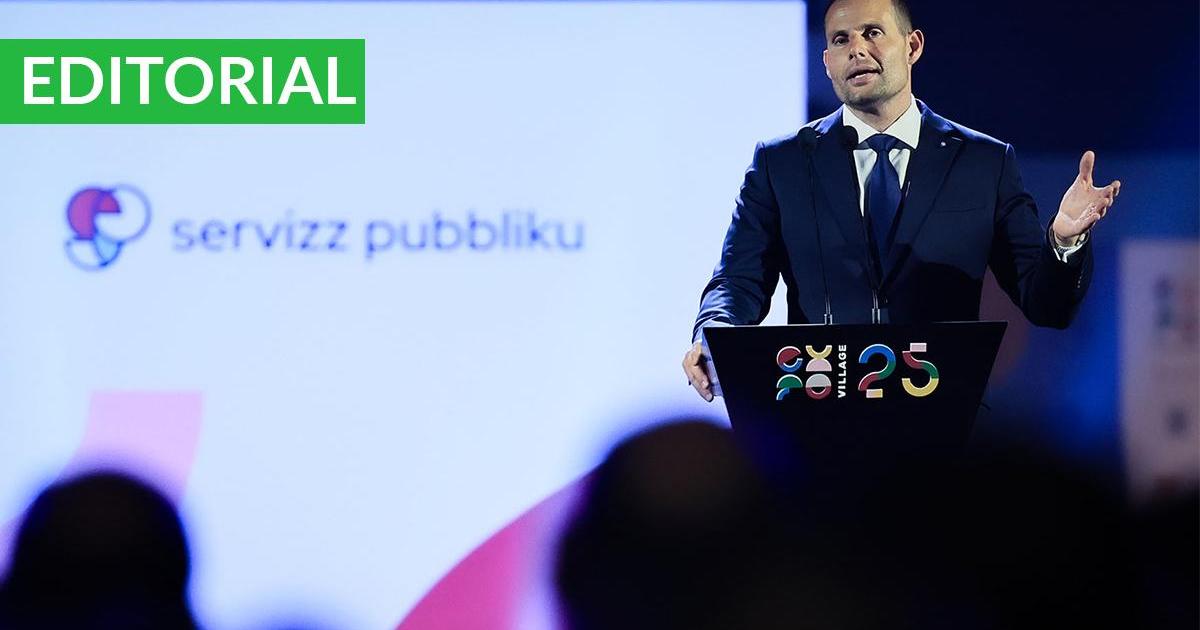By Times of Malta
“It is a stark reality that when complaints are ignored or treated with a low priority, confidence is undermined and people can become disillusioned with public services.” These are the words of Ombudsman Joseph Zammit McKeon in his annual report for 2024. Calling on the public service to be more empathetic and responsive to problems raised by citizens, the former judge rightly warned there was a growing risk of people rejecting the rules in place when they feel ignored or left behind. Such wise advice may not be music to the ears of politicians and top civil servants. Indeed, the relationship between both sides could, at times, approach or even touch breaking point, but it is only through effective cooperation that trust in the government can increase and public services improve. It would be wrong to assume, as politicians, especially those in government, usually do, that investment is enough. Investing in well-prepared human resources, continuous training and tools required to meet present and future demands is, of course, a must. It was welcoming hearing the prime minister announce at the opening of the latest edition of the public service expo that civil servants will have access to the co-pilot artificial intelligence system. However, one can only hope that when the public service head praised the government for investing in improving technology and highlighted the importance of embracing artificial intelligence, he still had at the back of his mind that, at the end of the day, it is the ‘human touch’ that really does the trick. After all, the main role of the civil service remains that of implementing government policy and delivering high-standard public services, as timely as humanly possible and with a smile. At the end of the day, both the civil service and the ombudsman have a defining role in a well-functioning, accountable and transparent public administration. Judging by what the ombudsman said in his latest annual report, civil servants – though not necessarily their political masters or the heads at the top – are becoming more aware that his office is not there to cause them problems. Zammit McKeon said a public administration under scrutiny by an independent institution should not be viewed as an operational hindrance. He also pointed out that public services providers are duty bound not only to practise the rule of law but also to maintain high standards of good governance. He made a similar remark when, just days ago, he spoke about the many recommendations made by the Sofia inquiry, which he had chaired, still to be implemented. “We must take care to understand that we cannot solve the problem just by introducing laws… It is crucial that everyone should make all the administrative efforts to ensure that what was ‘bent’ [is redressed] and the tragedies are not repeated,” he said. That is precisely the spirit that ought to prevail within the civil service when the ombudsman and his commissioners flag shortcomings. Both sides can and should work together in the best interests of the people. Theirs should be a partnership for good governance. Respecting each other, laying stress on transparency and demonstrating a shared commitment to public service are the best way forward. Indeed, in countries where the introduction of the ombudsman has been a success, there exists ample evidence that continuous and effective cooperation on the ground ensures that both citizens and governments will greatly benefit. Publicising success stories will then become the norm, not complaints.
